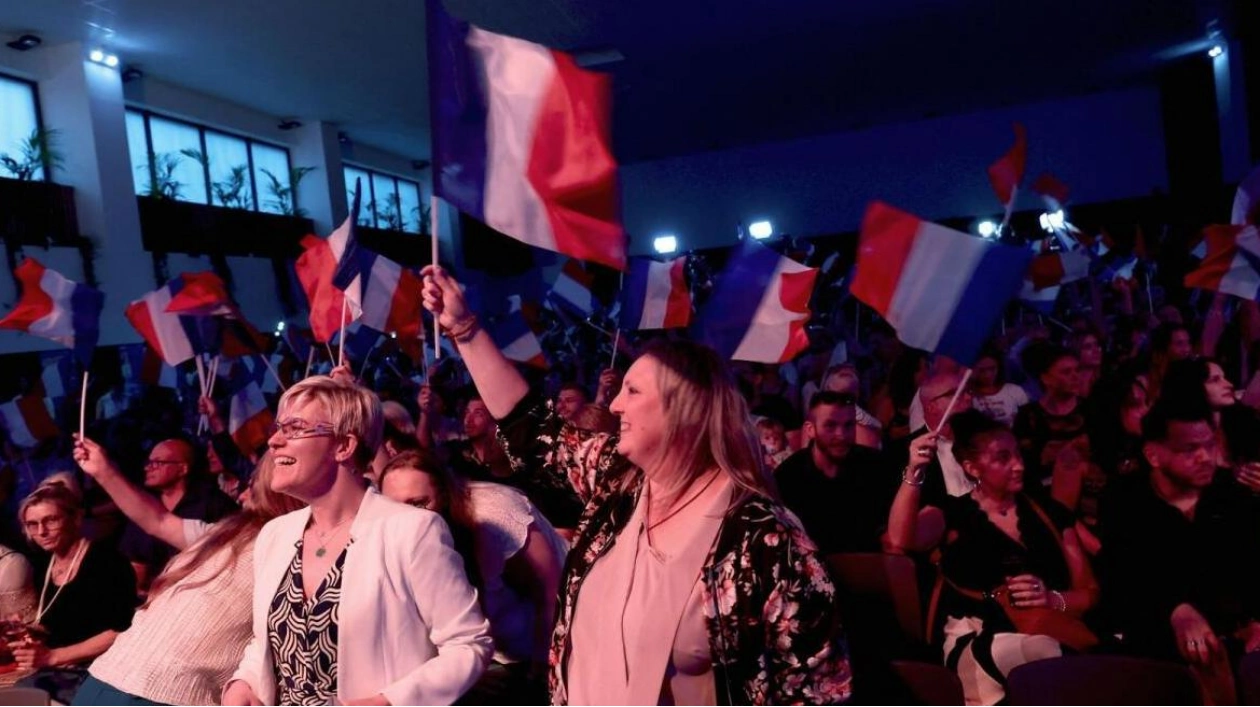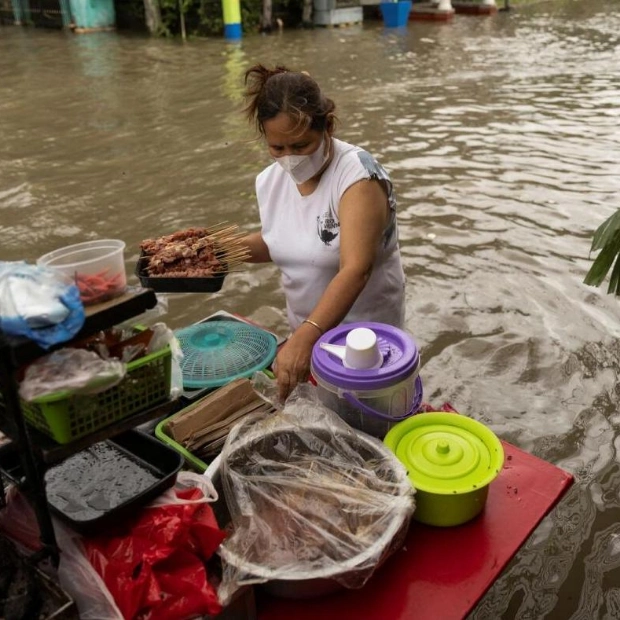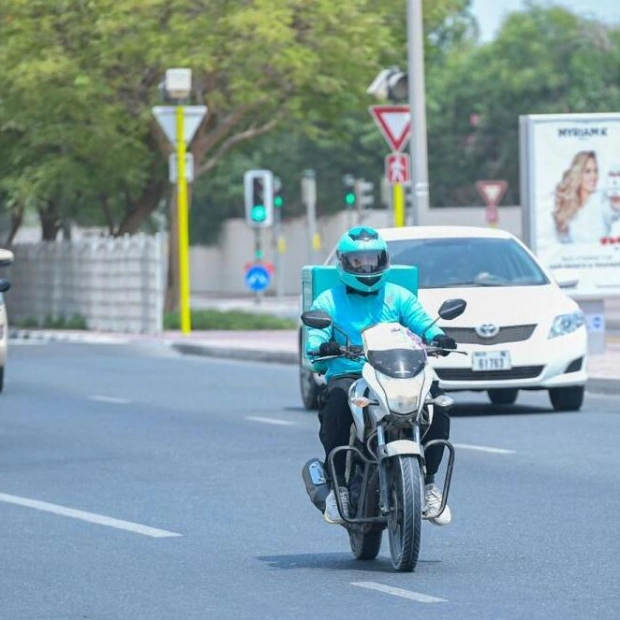On Sunday, French voters turned out in unprecedented numbers for the first round of snap parliamentary elections, a move that could potentially see the far-right party led by Marine Le Pen come to power for the first time in history. President Emmanuel Macron called for these immediate elections after his centrist forces were defeated by the far-right National Rally (RN) in the recent European Parliament elections. However, this strategic move could backfire, with polls suggesting that Macron's alliance might only secure third place, trailing behind both the RN and the newly formed leftist New Popular Front (NFP).
Julien Martin, a 38-year-old architect voting in Bordeaux, expressed his concerns: "These elections are challenging, with highly uncertain outcomes and potentially significant societal impacts." Amidst the most divisive political choices in recent French history, voter turnout surged to 59.39% by 5:00 pm, according to the interior ministry, marking a 20-point increase compared to the same period in 2022. Projections indicate a final turnout between 67.5% and 69.7% when polling stations close, which would be the highest in a regular legislative election since 1981.
The ongoing conflict in Ukraine and rising energy and food prices have bolstered support for the anti-immigration and eurosceptic RN, despite Macron's efforts to curb its rise. The two-round voting system could place the far-right in power in France for the first time since World War II, potentially allowing 28-year-old RN leader Jordan Bardella, a protégé of Marine Le Pen, to form a government. In Marseille, Nabil Agueni, a 40-year-old voter, emphasized the importance of voting when choices are available.
In major cities, some shopkeepers prepared for possible unrest by boarding up their stores. Polls suggest that the RN is likely to win the most seats in the National Assembly after the second round on July 7, though it remains uncertain whether they will achieve an outright majority. President Macron and his wife cast their votes in Le Touquet, while Le Pen interacted warmly with voters in Henin-Beaumont.
Final polls indicate the RN could secure between 35% and 37% of the vote, leading over the left-wing New Popular Front and Macron's centrist camp. Mujtaba Rahman from Eurasia Group highlighted that higher turnout could influence the number of qualifying candidates. In the second round, alliances might be formed to strategically withdraw weaker candidates, allowing stronger contenders to face the far-right candidate.
Polling stations in major cities closed at 8:00 pm, with immediate projections expected. Overseas territories, including New Caledonia, saw higher turnouts compared to previous years. Macron's snap election decision has stirred political unrest and economic uncertainty, with the Paris stock exchange experiencing its worst monthly decline in two years.
The campaign has also seen an increase in hate speech and intolerance, with a viral video depicting RN supporters harassing a black woman. Macron has condemned such racist and anti-Semitic behaviors. Support for his centrist camp has waned, while left-wing parties united to form the New Popular Front, reminiscent of a 1936 alliance against fascism.






